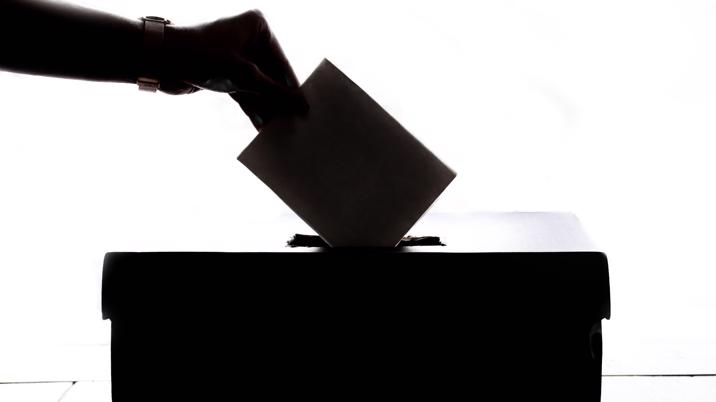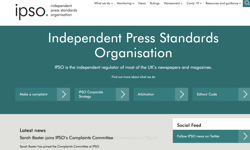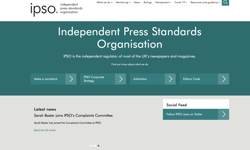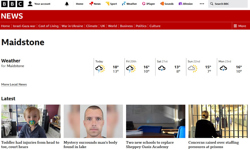
The call for ‘real change’ before the next General Election, comes as the Commission publishes its report into the 2019 election.
The evidence underscores the complaint from the Society of Editors and others during the election campaign that political parties were attempting to dupe the public by passing off election freesheets and websites as independent, unbiased media.
At the start of this year, in response to the evidence of political aping of media content, the SoE launched its Campaign for Real News and called on editors and others to ‘out’ examples of passing-off in their communities.
“Sadly the findings of the Election Commission will come as no surprise to our members who have become exasperated by political parties launching campaign news freesheets and magazines in their communities that are clearly intended to misrepresent themselves as unbiased, impartial newspapers,” said SoE executive director Ian Murray.
“Often these publications make no attempt to signal that they are the product of a political party, mimicking the local paper in size, style and appearance. It is a clear attempt to dupe the public and although readers are not fools there is the very real danger these publications and websites can harm trust in all mainstream media.
“It is not good enough for political parties to say this is a long-established practice. That only proves the undermining of trust in established media has been going on for too long.”
In its official review of December’s poll the Commission said it had received a “large number of complaints” relating to the 2019 general election.
Examples included unclearly branded social media pages, edited video clips, and leaflets mimicking local newspapers.
The watchdog called on candidates and parties to take greater responsibility for how their campaigns might impact on public trust.
It added that campaigners would have to work together to agree “new laws or standards of conduct” to improve the situation for future elections.
The Commission said there had been concerns about campaigns from “across the political spectrum,” although it did not highlight specific examples.
Murray added that the report highlighted the hypocrisy of some in the political class who complain about fake news and a perceived lack of trust in the media, and then undermine trust themselves.
The full report can be found here.










